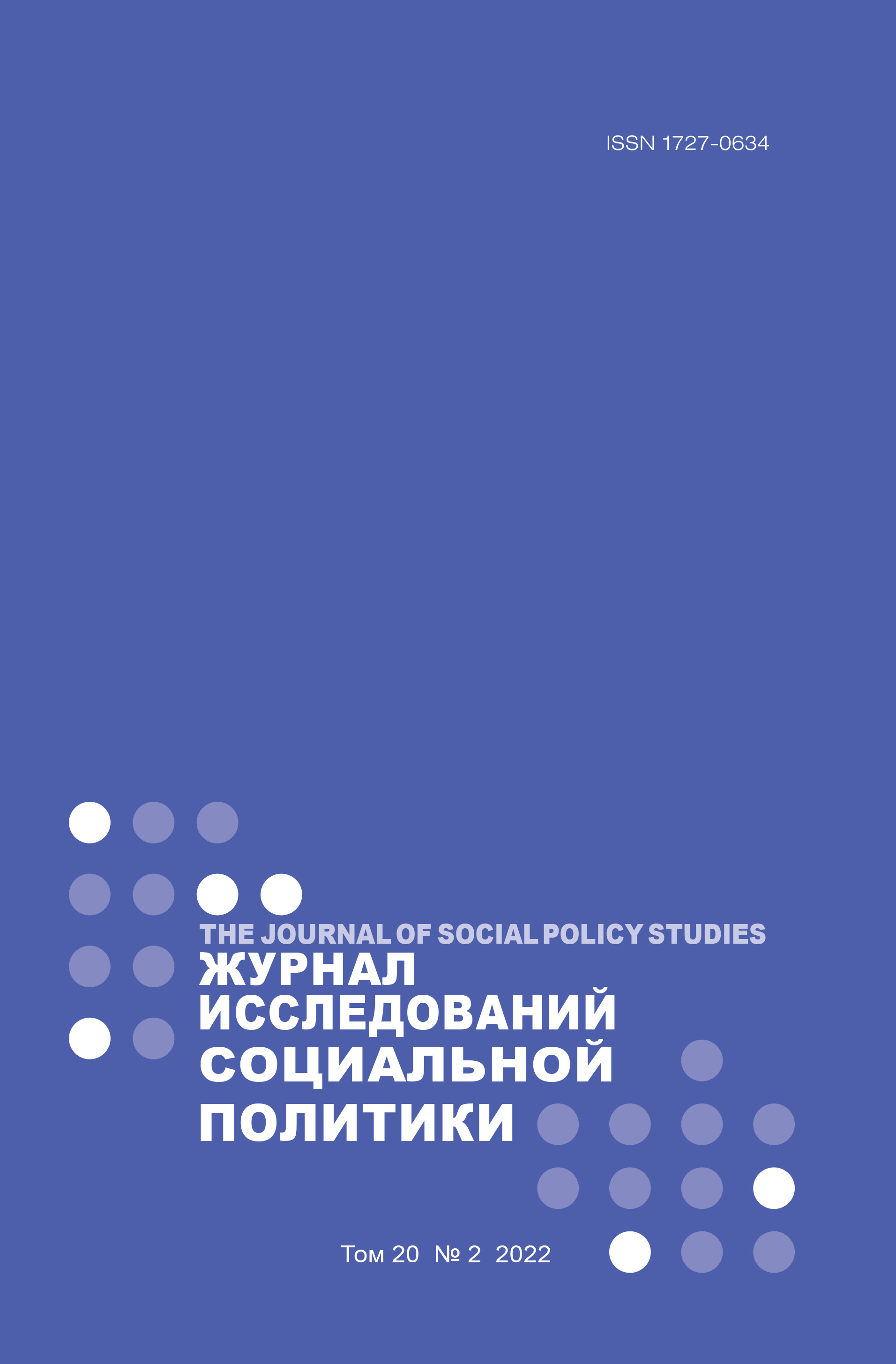The Birth of the Patient: (De)medicalization of New-born Children in the Organizational Contexts of Neonatal Intensive Care
Abstract
The paper addresses the phenomenon of medicalization in an organizational context, applying conceptual tools of the interactionist perspective, labelling
theory in particular. Focusing on the interactions of medical professionals with each other and with the patients, including their extended version (parents of a new-born), we conceptualize medicalization as a continuum in which constant switching of communicative registries takes place. More particularly, we analyse how medicalization in multiple organizational contexts is enacted in different ways and how differently it shapes the processes of objectification of a patient vs endowing her with agency. The empirical data was collected via the method of participatory observation conducted during the process of the treatment of new-born patients. Research field consists of three main sectors of neonatal care: obstetric hospitals, an advisory-urgency unit which deals with patients’ transportation, and paediatric hospitals. The object of the research is the medical and social categories (labels) used by health professionals to categorize new-born patients. We analyse these labels as reflecting different organizational contexts, on the one hand, and shaping the patients’ trajectories, on the other. The research data allows us to analyse medicalization not just as linear and unambiguous mechanism for the implementation of medical power, but as a flexible and dynamic process that depends on the social settings of a particular interaction – the complication of a patient’s condition, organizational environments and the set of actors, participating in the interaction. The results of the analysis show that 'social' labels arise in the highly medicalized environment, even when professionals deal with a patient with limited agency. This mode of interaction partly competes with the biomedical approach, which dominates a deeply
medicalized field such as inpatient and intensive care, and signals situations of a 'demedicalizing' relationships.















